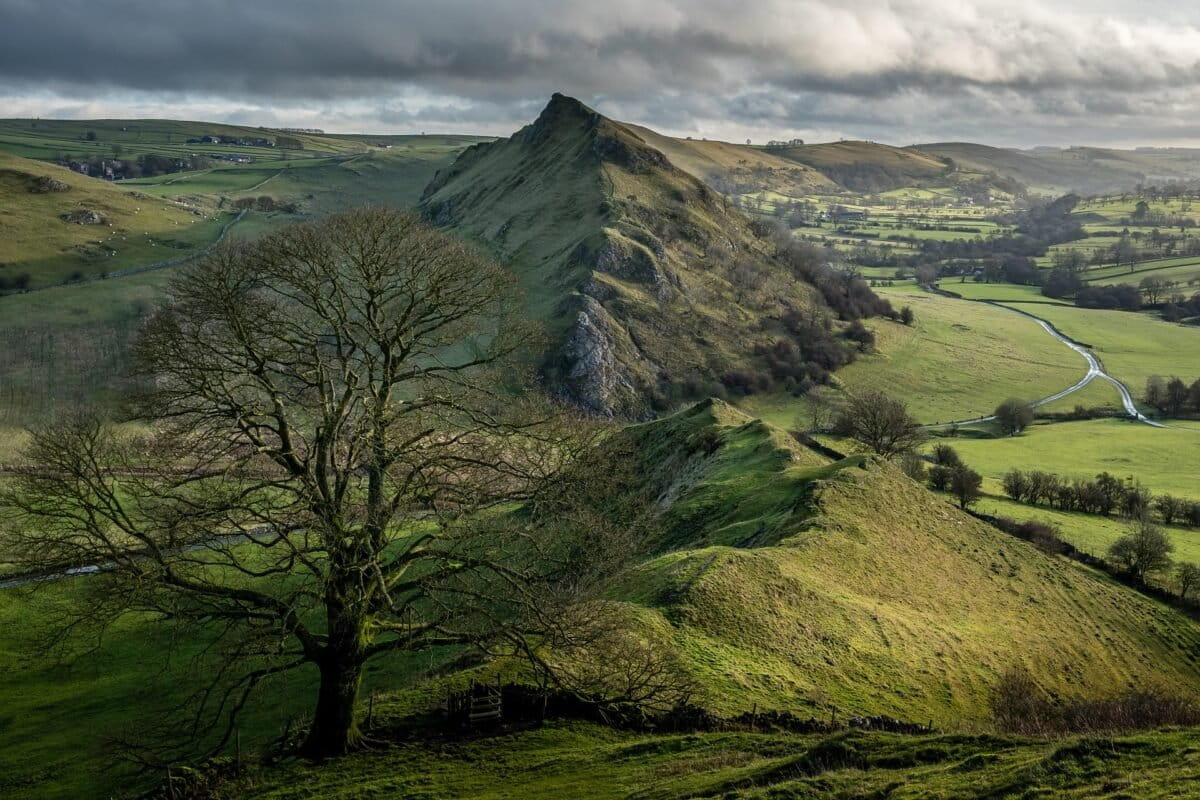 In a recent conversation with Mongabay’s Mike DiGirolamo, rewilding advocate and financier Ben Goldsmith described a quiet but profound transformation taking place in England’s relationship with nature. The change is visible in the return of species like the Eurasian beaver, once trapped out of the British Isles for centuries. Farmers and planners who once saw the animal as a pest are now more likely to regard it as an ally, capable of slowing floods and storing water in an increasingly volatile climate.
In a recent conversation with Mongabay’s Mike DiGirolamo, rewilding advocate and financier Ben Goldsmith described a quiet but profound transformation taking place in England’s relationship with nature. The change is visible in the return of species like the Eurasian beaver, once trapped out of the British Isles for centuries. Farmers and planners who once saw the animal as a pest are now more likely to regard it as an ally, capable of slowing floods and storing water in an increasingly volatile climate.
Goldsmith traces this shift to both culture and policy. On the cultural side, a growing public appetite for “more nature and more connection” has made wildlife restoration a mainstream idea. On the policy side, the Agriculture Act of 2020 replaced unconditional farm subsidies with payments tied to ecological stewardship. Landowners in less productive upland regions, unable to compete in commodity markets, now have financial incentives to restore wetlands, plant wood pasture and create habitat for pollinators.
The results are emerging. Cattle and pigs are being reintroduced to shape diverse grassland-woodland mosaics. Wetlands are being rebuilt to hold back water, filter pollutants and recharge aquifers. Projects in national parks and river catchments are finding new income streams in carbon credits, biodiversity offsets and “nutrient neutrality” schemes, where water companies pay landowners to reduce fertilizer runoff.
Goldsmith’s own investment venture, Nattergal Ltd., applies private capital to these efforts, restoring large tracts of land near London through a portfolio of ecological services. He calls nature “the mother of all infrastructure,” rejecting the idea that its value can be reduced to a balance-sheet figure but recognizing that monetizing some of its benefits is essential in the current funding landscape.
Yet, he warns, England remains hesitant about reintroducing apex predators such as lynx or wolves, despite overabundant deer and degraded forests. He sees coexistence with “difficult” wildlife as a litmus test for a society’s ability to live in balance with nature. Other European nations have shown it is possible; Britain, he argues, will need to overcome what he calls a deep-seated “zoophobia” to do the same.
From beaver ponds in Somerset to the vast saiga antelope recovery on Kazakhstan’s steppe, Goldsmith draws hope from restoration successes around the world. England’s rewilding movement, he believes, is at a pivotal moment — shaped by economics, buoyed by public enthusiasm, and poised to reclaim landscapes long written off as beyond repair.
Listen to the full podcast conversation here.
Banner image: Chrome Hill in Derbyshire, England. Image by Tim Hill via Pixabay (Pixabay free content license).

